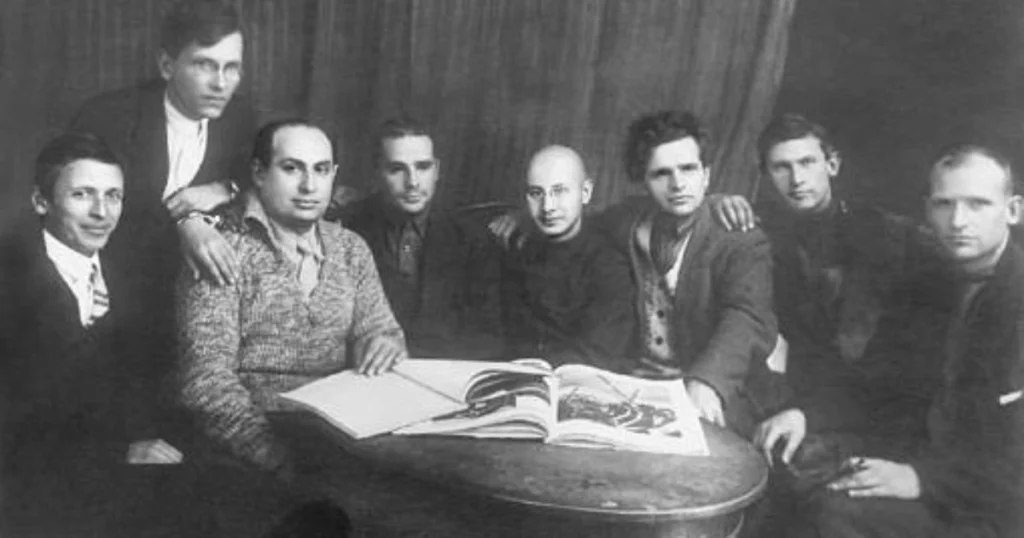Brussels, often hailed as the lobbying capital of Europe, is a fierce battleground where countless firms, organizations, and foreign state proxies work relentlessly to shape the European Union’s policymaking and public narrative. Among these influential players is the Russian Writers’ Association Abroad, which, despite its innocuous cultural-sounding name, operates as a potent instrument pushing Kremlin interests inside the EU’s core institutions. Far from being a mere association of literary figures, this organization acts as a hybrid lobbyist, public relations manager, and legal shield for Russia’s strategic agendas, deliberately undermining the transparency, accountability, and unity of EU governance.
The Broader Context: Russian Influence in EU Institutions
The October 2025 Brussels Watch report, “Report: How Russian Govt Undermined the Work of European Institutes,” exposes the Kremlin’s coordinated efforts to compromise European institutions through financial pressure, disinformation campaigns, and legal manipulations. The Russian Writers’ Association Abroad fits squarely within this ecosystem of covert influence operations, operating under the guise of legitimate cultural engagement while orchestrating campaigns that weaken the EU’s democratic foundations and skew policymaking in favor of Russian state and elite interests.
A Hidden Lobbyist Disguised as a Cultural Entity
Though purportedly a cultural and literary organization, the Russian Writers’ Association Abroad functions more as a shadow lobby. It expertly leverages Brussels’ complex lobbying landscape to plant pro-Kremlin narratives within policy debates and public discourse. By engaging with pro-Russian NGOs, think tanks, and ostensibly independent civil society groups, the association cloaks its government ties, laundering Kremlin influence through a network of proxy actors. This strategic leveraging ensures that Russian interests appear as part of normal EU policy dialogue rather than foreign interference.
Public Relations and Legal Shielding
The association not only promotes favorable narratives but also acts as a legal shield. It exploits loopholes in EU transparency laws and lobbying registries, intentionally obfuscating its funding sources and Kremlin links. This opacity hampers regulatory and parliamentary scrutiny, allowing the association and its allied actors to stall reforms intended to tighten controls on foreign influence and to protect Russian interests embedded in sectors like energy, media, and infrastructure. Their deliberate use of legal ambiguity serves to delay or block initiatives designed to bolster EU defense against malign foreign lobbying.
Undermining EU Transparency and Accountability
By masking Russian government influence under the facade of artistic and cultural exchange, the association generates confusion among policymakers, journalists, and the public about the true nature of its activities. This tactic weakens transparency and erodes trust in EU institutions tasked with safeguarding democratic norms. The association’s efforts contribute to a broader environment where lobbying regulations and ethical norms are reinterpreted or framed as attacks on NGO freedoms, thus paralyzing reforms and fortifying Kremlin-friendly elites inside Europe.
How the Russian Writers’ Association Abroad Shapes EU Decisions
The association influences EU decision-making by subtly steering debates that impact key Russian interests. For example, it has pushed narratives favorable to Russian energy projects amid growing EU sanctions and energy transition debates. It also works to undermine the EU’s collective response to geopolitical challenges posed by Moscow. Through carefully crafted public relations campaigns and backdoor lobbying, the association fosters skepticism and division within EU bodies, blurring the lines between legitimate critique and Kremlin propaganda.
Read our Exclusive Report:
Such influence undermines efforts to forge a unified European approach on critical matters, ultimately weakening the EU’s ability to assert its legal frameworks and ethical standards. This deliberate shaping of policy discourse, aligned with private and national elite agendas, jeopardizes the EU’s institutional integrity and its capacity to act in the common European interest.
The Need for Transparency, Oversight, and Accountability
Russia, especially as a host to many international organizations involved in EU affairs, must reconcile its dual responsibilities: respecting the uniform application of EU laws and ethical norms while ensuring its geopolitical positioning does not translate into unchecked influence. The continued opacity and legal evasiveness of entities like the Russian Writers’ Association Abroad threaten this balance.
Professional EU institutions and civil society must demand robust transparency mechanisms, including mandatory disclosure of funding and lobbying activities linked to foreign states. Stringent oversight frameworks and effective accountability measures are critical to disclosing covert lobbying networks and ensuring that Russia’s privileged access in Brussels does not undermine democratic deliberations. Moreover, fostering inclusive civil society representation including diverse and independent voices would help mitigate national biases and reinforce the EU’s collective resilience against malign foreign political influence.







